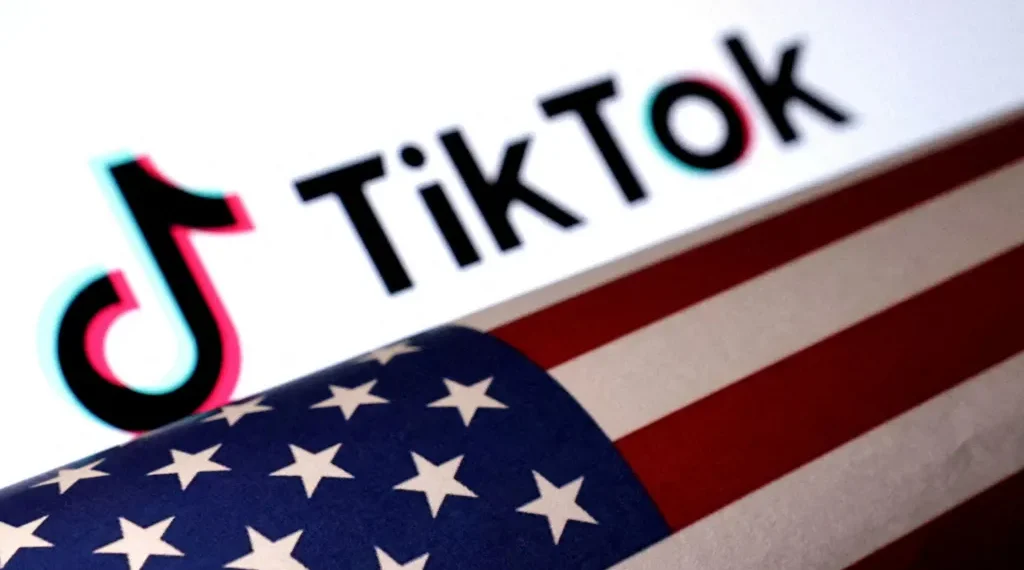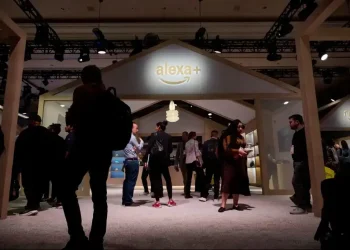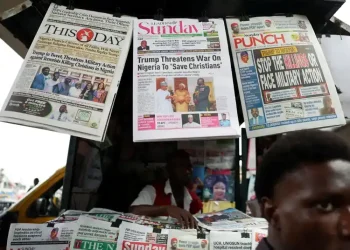TikTok Faces Potential Ban in the US After Losing Court Appeal
TikTok’s efforts to overturn a U.S. law that could lead to its ban or forced sale by early 2025 have suffered a major setback. A federal appeals court rejected the company’s argument that the law violated the Constitution, particularly the free speech rights of its 170 million U.S. users.
The court supported the law, describing it as the result of bipartisan efforts by Congress and successive U.S. presidents to address national security concerns. TikTok plans to challenge the ruling in the Supreme Court, the highest legal authority in the United States.
Why TikTok is Under Threat
The U.S. government has long argued that TikTok poses a national security risk due to alleged ties between its parent company, ByteDance, and the Chinese government. Both TikTok and ByteDance have consistently denied these claims. The court acknowledged these concerns, stating the law specifically targets control by foreign adversaries as part of a broader strategy to counter threats from the People’s Republic of China (PRC).
TikTok, however, maintains that the law is based on “inaccurate, flawed, and hypothetical information” and argues that banning the app would infringe on Americans’ free speech. A TikTok spokesperson expressed confidence that the Supreme Court would uphold these rights.
The Trump Factor and Political Context
Donald Trump’s return to the presidency could influence the situation. Despite his unsuccessful attempt to ban TikTok during his first term, he promised during the 2024 election campaign to prevent the ban from taking effect. Trump will be inaugurated on January 20, just one day after the law mandates TikTok’s sale or ban. However, experts note that anti-China sentiment remains strong in Congress, making a reprieve for TikTok politically challenging.
Professor James Grimmelmann of Cornell University said, “The president-elect would be swimming upstream to give TikTok a reprieve.”
Impact on Users and the Social Media Landscape
TikTok’s legal battle is closely watched by its user base and rival platforms. Many creators, such as small business advocate Tiffany Cianci, have expressed disappointment but are hesitant to shift their content to alternatives like Instagram. “I’m not going to move my content to platforms where it’s less successful and more likely to be censored,” Cianci told the BBC.
Meanwhile, platforms like Meta, YouTube, and Snapchat are positioning themselves to fill the potential void left by TikTok. Meta has already integrated short-form video features into Instagram and Facebook, mimicking TikTok’s format.
Jasmine Enberg, a principal analyst at eMarketer, predicted significant disruption if TikTok is banned, saying it would benefit competitors like Meta and YouTube but harm creators and small businesses that depend on the platform.
The Challenges of Replicating TikTok
TikTok’s success lies in its advanced recommendation algorithm, powered by deep learning models and massive technical infrastructure. According to Cory Johnson, Chief Market Strategist at Epistrophy Capital Research, replicating TikTok’s AI-driven targeting system would be a costly and complex endeavor.
Johnson also pointed to risks posed by China’s strict data laws and highlighted recent controversies, such as Elon Musk’s changes to the algorithm on X (formerly Twitter), as a cautionary example. “We’ve seen how tweaks to social media algorithms can amplify certain voices,” he said, referencing Musk’s political posts, which garnered more views than all U.S. political campaign ads on X during the election.
The Road Ahead
If the Supreme Court upholds the law, TikTok faces a ban or forced sale, potentially reshaping the social media landscape in the U.S. While creators and businesses brace for uncertainty, rivals prepare to seize the opportunity. The next phase of this battle will likely hinge on the Supreme Court’s decision and the actions of the incoming administration.
This article was rewritten by JournosNews.com based on verified reporting from trusted sources. The content has been independently reviewed, fact-checked, and edited for accuracy, neutrality, tone, and global readability in accordance with Google News and AdSense standards.
All opinions, quotes, or statements from contributors, experts, or sourced organizations do not necessarily reflect the views of JournosNews.com. JournosNews.com maintains full editorial independence from any external funders, sponsors, or organizations.
Stay informed with JournosNews.com — your trusted source for verified global reporting and in-depth analysis. Follow us on Google News, BlueSky, and X for real-time updates.














